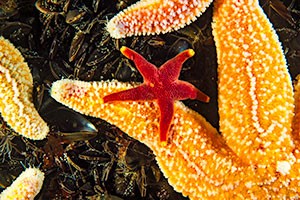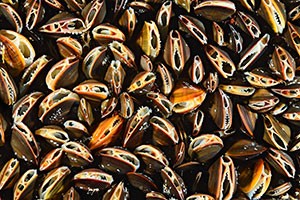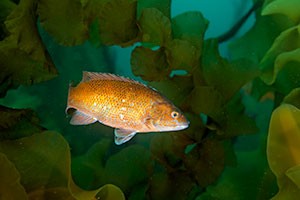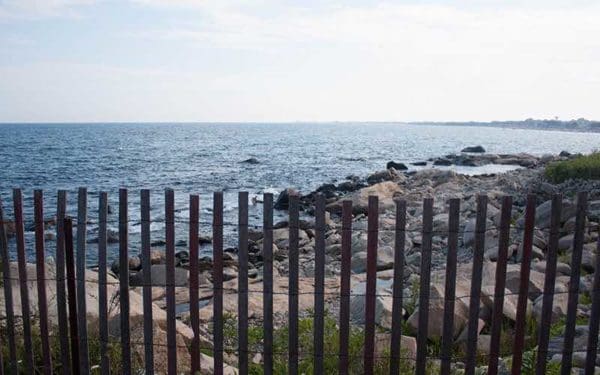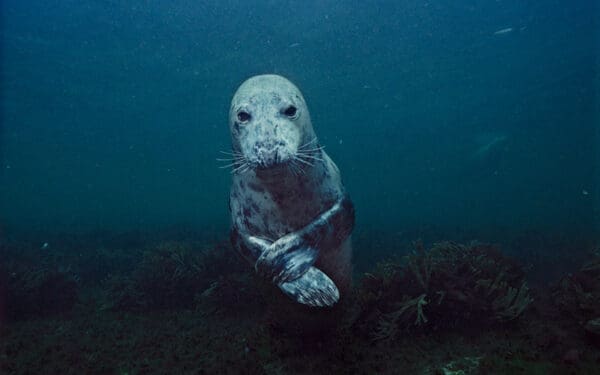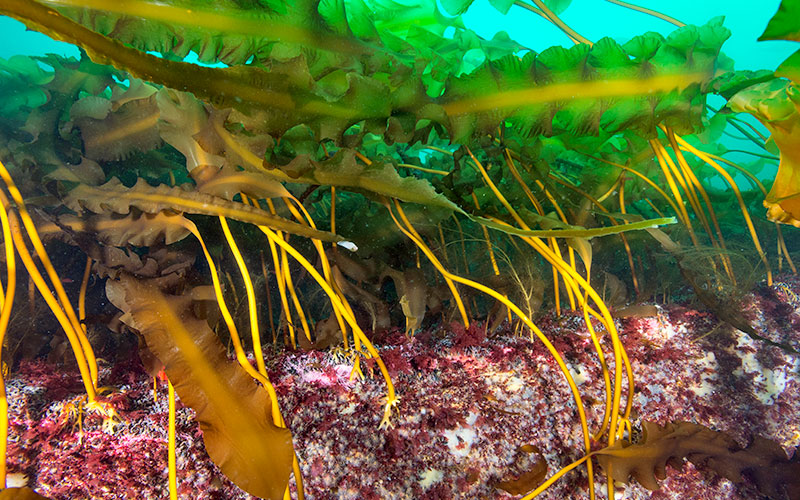
The case for protecting open space in the sea
I love my town.
Nestled on Massachusetts’ North Shore, Ipswich is an historic New England community with a vibrant town center, friendly people, working farms, and the best steamers — soft-shelled clams — anywhere. Period.
What I really love about Ipswich, though, is its open space. A remarkable 47 percent of my town is protected. My neighbors share a common, almost innate understanding that our quality of life is intimately tied to our open space – and that we need these green spaces to balance a landscape increasingly developed for housing and commerce.
We’re not alone – New England boasts 500 land trusts working to protect the places that make living here so special. So, when I think about the concept of open space in the ocean, I am confounded by how differently we New Englanders treat our saltwater resources. There’s not even a term for open space at sea. I know, for many of us, the vast blue expanse of the ocean looks like nothing but “open space.” But beneath the waves is a landscape as diverse, breathtaking, and dramatic as any on land – a dynamic seascape of boulder reefs, hard and soft corals, luxuriant kelp forests, muddy basins, ever-changing sand plains, and beautiful canyons full of exotic marine life.
Yet only a fraction of it is protected.
Surely in the same way that we bank away critical portions of our terrestrial landscape for its inherent value, we can protect equally vital seascapes, so that our ocean can survive and thrive for generations to come. That protection should follow the same principals as on land, which we manage for multiple uses. We need appropriate places to develop and site clean renewable offshore wind energy, for example. And, we need fishing grounds to support this venerable industry and the production of the delicious seafood for which New England is renowned.
But we also have to acknowledge that fishing, while important, is not a benign activity; few exploitative industries are. And some fishing gear – trawls and dredges, in particular – are more destructive than others. Our decisions about how to manage the ocean, then, must balance both realities. That’s why CLF is pushing to protect some of New England’s most remarkable – and vulnerable – ocean open spaces before they and the wildlife they support are damaged beyond repair.
“Surely in the same way that we bank away critical portions of our terrestrial landscape for its inherent value, we can protect equally vital seascapes.”
Cashes Ledge is one of those vulnerable places. Located in the Gulf of Maine about 80 miles from Portland and Cape Ann, Cashes Ledge rivals any earthbound landscape in beauty, biodiversity, and grandeur. Its steep ridges and deep basins create ideal conditions for marine life as currents mix nutrient- and oxygen-rich water to fuel this remarkably productive ecosystem. Home to the deepest and largest cold-water kelp forest along the Atlantic seaboard, Cashes Ledge provides an important source of food and a diverse habitat for fish, sharks, marine mammals, and invertebrates. This diversity also makes it a valuable open-sea laboratory for scientists studying ocean ecosystems and the impacts of climate change.
For the past 12 years Cashes Ledge and the areas surrounding it have been closed to most commercial fishing – and it shows. The area is lush and productive, a refuge not only for threatened groundfish like Atlantic cod, but also for rare species such as Atlantic wolffish and North Atlantic right whales. As I write, however, federal fisheries managers are considering a proposal to re-open the whole area to the most harmful kinds of commercial fishing, which could devastate this prized seascape.
In just a few weeks, the New England Marine Fishery Management Council will begin accepting public comments about this ill-advised proposal. We have our fight cut out for us, and CLF will muster every legal, economic, and scientific resource it can to protect Cashes Ledge. We also need to muster the support of every one of our members, friends, and colleagues. You can help, today, by signing our online petition, forwarding it to your friends, and submitting comments to the Fishery Council telling them to protect Cashes Ledge.
Together, we can change the way we think about our ocean open spaces, and move forward meaningful protection for our most vital seascapes.

